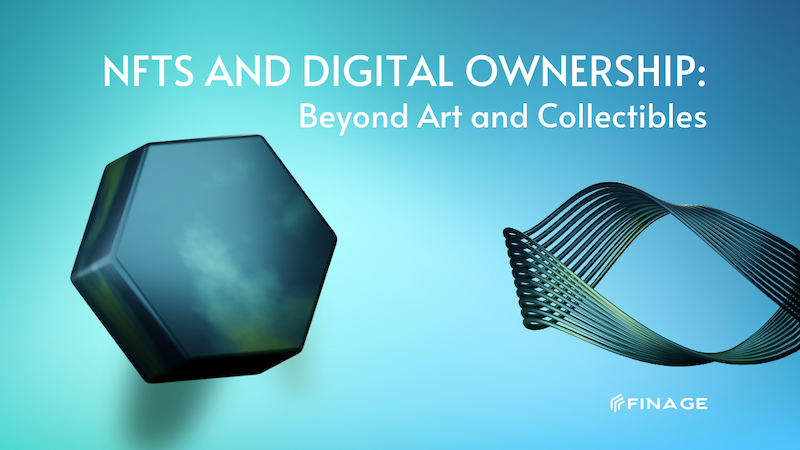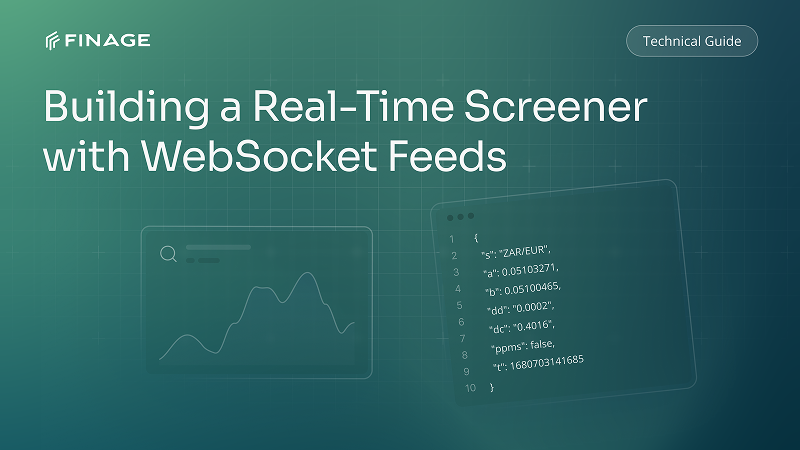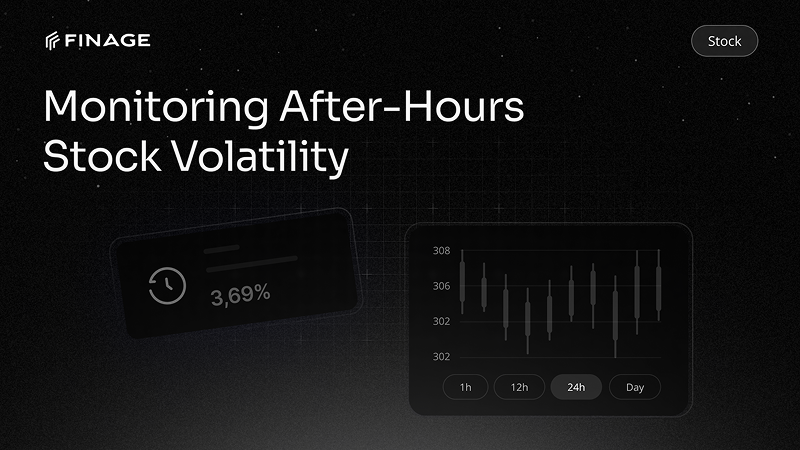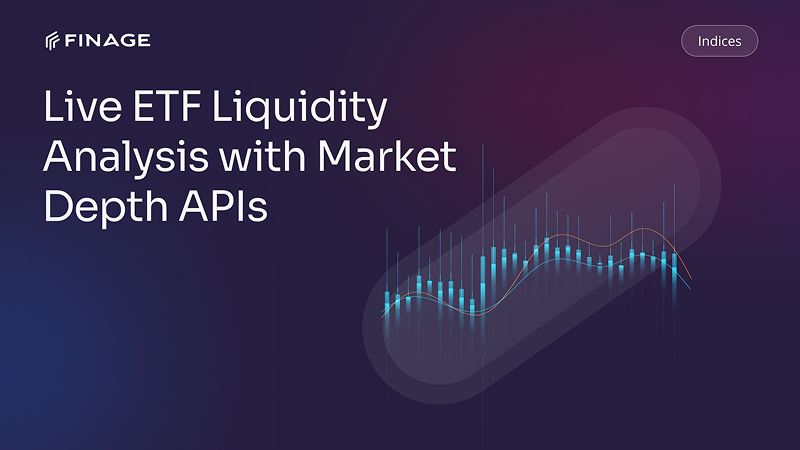NFTs and Digital Ownership: Beyond Art and Collectibles
8 min read • August 7, 2024

Introduction
Non-fungible tokens (NFTs) have revolutionized the concept of digital ownership, extending far beyond the realms of art and collectibles. NFTs represent unique digital assets verified using blockchain technology, ensuring authenticity and ownership. This blog post explores the evolution of NFTs, their applications beyond art and collectibles, and their potential to transform various industries.
Contents
- Understanding NFTs and Digital Ownership
- What are NFTs?
- The Technology Behind NFTs
- Advantages of NFTs
- Beyond Art and Collectibles: Expanding NFT Applications
- Virtual Real Estate
- Gaming and Virtual Goods
- Intellectual Property and Licensing
- Music and Entertainment
- Identity and Personal Data
- Case Studies of Innovative NFT Uses
- Decentraland: Virtual Real Estate
- Axie Infinity: Gaming and Virtual Goods
- Euler Beats: Music and Entertainment
- Challenges and Considerations
- Scalability and Environmental Impact
- Regulatory and Legal Issues
- Market Speculation and Volatility
- The Future of NFTs and Digital Ownership
- Integration with Emerging Technologies
- Mainstream Adoption and Accessibility
- Sustainable and Ethical Practices
- Final Thoughts
Understanding NFTs and Digital Ownership
What are NFTs?
Non-fungible tokens (NFTs) are digital assets that represent ownership of a unique item or piece of content. Unlike cryptocurrencies such as Bitcoin or Ethereum, which are fungible and can be exchanged on a one-to-one basis, NFTs are indivisible and unique. Each NFT contains distinct information that makes it one-of-a-kind.
Unique Identification: NFTs are created using blockchain technology, which ensures that each token is unique and verifiable. This uniqueness is what gives NFTs their value, as no two NFTs are the same.
Indivisibility: Unlike traditional cryptocurrencies, NFTs cannot be divided into smaller units. Each NFT exists as a whole, making it ideal for representing unique items such as digital art, collectibles, or real estate.
The Technology Behind NFTs
NFTs are typically built on blockchain platforms, with Ethereum being the most popular. The technology behind NFTs includes:
Smart Contracts: NFTs are created and managed using smart contracts, which are self-executing contracts with the terms of the agreement directly written into code. Smart contracts automate the process of transferring ownership and ensure the authenticity of the NFT.
ERC-721 and ERC-1155 Standards: These Ethereum standards define how NFTs are created and managed. ERC-721 is used for unique tokens, while ERC-1155 allows for the creation of both fungible and non-fungible tokens within the same contract.
Blockchain Ledger: The blockchain ledger records all transactions involving NFTs, providing a transparent and immutable history of ownership.
Advantages of NFTs
NFTs offer several advantages over traditional forms of digital ownership:
Provenance and Authenticity: NFTs provide a verifiable record of ownership and provenance, ensuring that the digital asset is authentic and its ownership history is transparent.
Security: Blockchain technology secures NFTs, making them resistant to tampering, fraud, and theft.
Liquidity: NFTs can be easily traded on various marketplaces, providing liquidity for digital assets that were previously difficult to sell or transfer.
Interoperability: NFTs can be used across different platforms and applications, enabling new forms of digital interaction and commerce.
Beyond Art and Collectibles: Expanding NFT Applications
Virtual Real Estate
Virtual real estate involves the ownership and trading of digital land and properties within virtual worlds. NFTs enable the purchase, sale, and development of virtual real estate, creating new opportunities for investment and creativity.
Decentralized Platforms: Platforms like Decentraland and The Sandbox allow users to buy, sell, and develop virtual land using NFTs. These platforms provide immersive experiences and monetization opportunities for virtual property owners.
Virtual Events and Commerce: Virtual real estate can host events, exhibitions, and virtual stores, enabling new forms of commerce and social interaction.
Gaming and Virtual Goods
NFTs have transformed the gaming industry by enabling true ownership of in-game assets and virtual goods. Players can buy, sell, and trade NFTs representing characters, items, and skins.
Play-to-Earn Models: Games like Axie Infinity allow players to earn NFTs and cryptocurrencies by participating in the game. This model creates new economic opportunities for gamers and developers.
Interoperability: NFTs enable the use of virtual goods across different games and platforms, enhancing the gaming experience and creating new possibilities for collaboration and innovation.
Intellectual Property and Licensing
NFTs can represent intellectual property (IP) rights, enabling new forms of licensing and monetization for creators and businesses.
Digital Rights Management: NFTs provide a transparent and secure way to manage digital rights and royalties. Creators can issue NFTs to represent licenses, ensuring that they receive fair compensation for their work.
Fractional Ownership: NFTs enable fractional ownership of IP, allowing multiple investors to own a share of a digital asset. This can democratize access to high-value assets and create new investment opportunities.
Music and Entertainment
NFTs are reshaping the music and entertainment industries by enabling artists to monetize their work and engage with fans in new ways.
Music NFTs: Artists can release music as NFTs, providing fans with unique and exclusive content. These NFTs can include perks such as concert tickets, backstage passes, and limited-edition merchandise.
Fan Engagement: NFTs enable direct interaction between artists and fans, fostering a sense of community and loyalty. Fans can own a piece of their favorite artist's work and participate in the creative process.
Identity and Personal Data
NFTs have the potential to revolutionize identity management and personal data ownership.
Decentralized Identity: NFTs can represent decentralized identity (DID) credentials, allowing individuals to control their data and share it securely with trusted parties.
Data Monetization: Individuals can monetize their data by issuing NFTs that grant access to specific information. This can create new revenue streams and empower individuals to take control of their digital identities.
Case Studies of Innovative NFT Uses
Decentraland: Virtual Real Estate
Overview: Decentraland is a decentralized virtual world where users can buy, sell, and develop virtual land using NFTs. The platform provides a fully immersive experience, with users creating and exploring 3D environments.
Key Features: Decentraland offers a robust marketplace for virtual real estate, a drag-and-drop builder for creating virtual spaces, and a thriving community of creators and investors.
Impact: Decentraland has created new opportunities for digital commerce and social interaction, with virtual events, art galleries, and businesses thriving in the virtual world.
Axie Infinity: Gaming and Virtual Goods
Overview: Axie Infinity is a blockchain-based game where players collect, breed, and battle fantasy creatures called Axies. The game uses NFTs to represent Axies and other in-game assets.
Key Features: Axie Infinity offers a play-to-earn model, allowing players to earn NFTs and cryptocurrencies by participating in the game. The game also features a marketplace for trading Axies and other virtual goods.
Impact: Axie Infinity has pioneered the play-to-earn model, creating economic opportunities for gamers and driving innovation in the gaming industry.
Euler Beats: Music and Entertainment
Overview: Euler Beats is a blockchain-based music project that combines generative art and music with NFTs. Each Euler Beat NFT represents a unique audio-visual creation.
Key Features: Euler Beats offers limited-edition NFTs that provide owners with both visual art and musical compositions. Owners can also earn royalties from subsequent sales of their NFTs.
Impact: Euler Beats has demonstrated the potential of NFTs to transform the music and entertainment industries, enabling new forms of creativity and monetization.
Challenges and Considerations
Scalability and Environmental Impact
Scalability: The current blockchain infrastructure faces scalability challenges, with high transaction fees and slow processing times. Solutions like layer 2 scaling and more efficient consensus mechanisms are being developed to address these issues.
Environmental Impact: The energy consumption of blockchain networks, particularly those using proof-of-work (PoW) consensus, has raised concerns about their environmental impact. Transitioning to proof-of-stake (PoS) and other sustainable models can mitigate these concerns.
Regulatory and Legal Issues
Regulation: The regulatory landscape for NFTs is still evolving, with uncertainties around taxation, securities laws, and intellectual property rights. Clear regulatory frameworks are needed to support the growth of the NFT market.
Legal Issues: Ownership and copyright issues can arise with NFTs, particularly when it comes to digital art and media. Ensuring proper licensing and compliance with intellectual property laws is essential.
Market Speculation and Volatility
Speculation: The NFT market has seen significant speculation, with prices of some NFTs reaching unsustainable levels. Investors should be cautious and conduct thorough research before investing in NFTs.
Volatility: The value of NFTs can be highly volatile, influenced by market trends, demand, and the uniqueness of the asset. Diversifying investments and managing risk are crucial for navigating the NFT market.
The Future of NFTs and Digital Ownership
Integration with Emerging Technologies
Blockchain Interoperability: Enhancing interoperability between different blockchain networks can enable seamless transfer and use of NFTs across platforms.
Augmented Reality (AR) and Virtual Reality (VR): Integrating NFTs with AR and VR technologies can create immersive experiences and new forms of digital interaction.
Internet of Things (IoT): Combining NFTs with IoT devices can enable secure and verifiable ownership of physical assets, such as smart appliances and connected vehicles.
Mainstream Adoption and Accessibility
User-Friendly Platforms: Developing user-friendly platforms and tools can make NFTs more accessible to a broader audience, reducing barriers to entry.
Education and Awareness: Educating consumers and creators about the benefits and risks of NFTs can drive mainstream adoption and foster a more informed and responsible market.
Institutional Involvement: As institutional investors and enterprises explore NFTs, their involvement can bring legitimacy and stability to the market.
Sustainable and Ethical Practices
Environmental Sustainability: Adopting sustainable blockchain practices and supporting projects that prioritize environmental responsibility can reduce the ecological impact of NFTs.
Ethical Considerations: Promoting ethical practices in the creation, trading, and use of NFTs can ensure that the market develops in a fair and responsible manner.
Community and Social Impact: Supporting NFT projects that have a positive social impact, such as those promoting charitable causes or empowering underrepresented communities, can enhance the broader value of NFTs.
Final Thoughts
NFTs have revolutionized digital ownership, extending far beyond art and collectibles to impact various industries such as virtual real estate, gaming, music, and identity management. As the technology and market mature, NFTs have the potential to transform how we interact with digital and physical assets, creating new opportunities for investment, creativity, and social impact.
While the NFT market presents exciting possibilities, it also comes with challenges and risks. Navigating these requires a deep understanding of the technology, careful consideration of regulatory and legal issues, and a commitment to sustainable and ethical practices.
The future of NFTs is bright, with continued innovation and integration with emerging technologies driving their evolution. By embracing the potential of NFTs and addressing the challenges they present, we can unlock new dimensions of digital ownership and create a more inclusive, dynamic, and impactful digital economy.
You can get your Real-Time and Historical DEX Data with a free DEX Data API key.
Build with us today!
Claim Your Free API Key Today
Access stock, forex and crypto market data with a free API key—no credit card required.

Stay Informed, Stay Ahead
Finage Blog: Data-Driven Insights & Ideas
Discover company news, announcements, updates, guides and more


